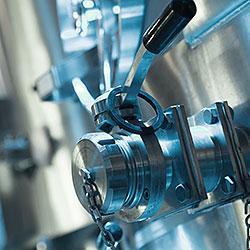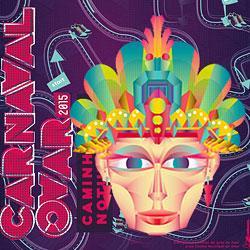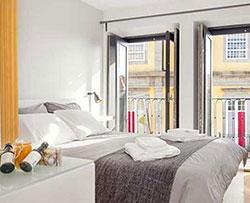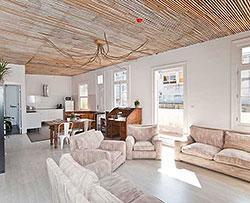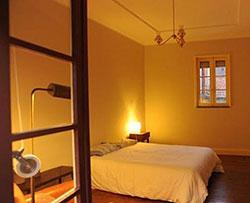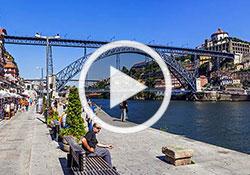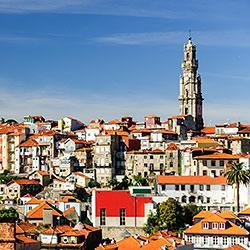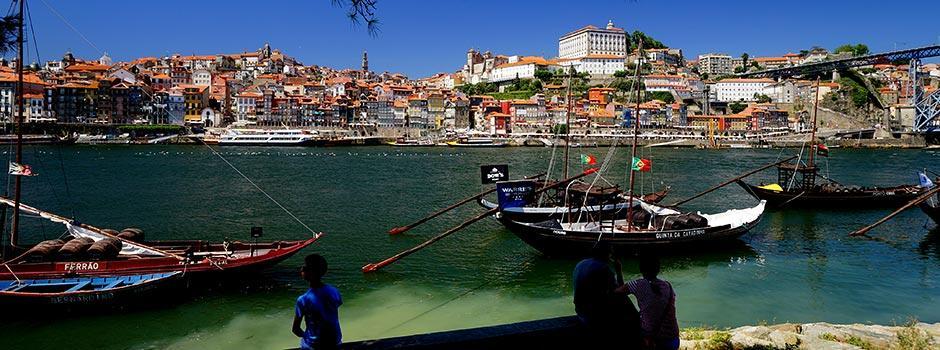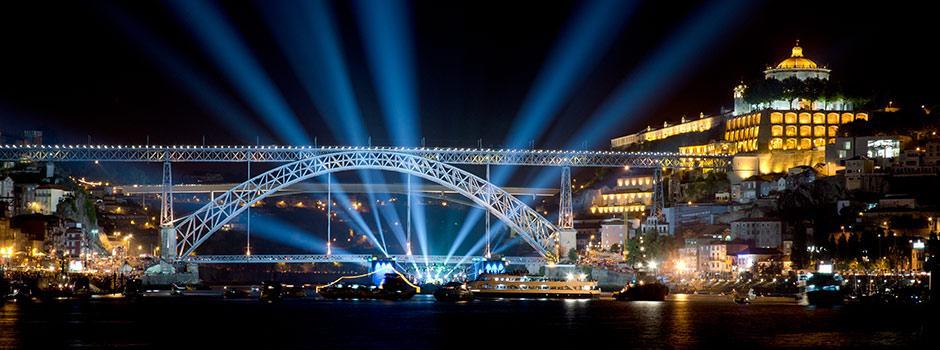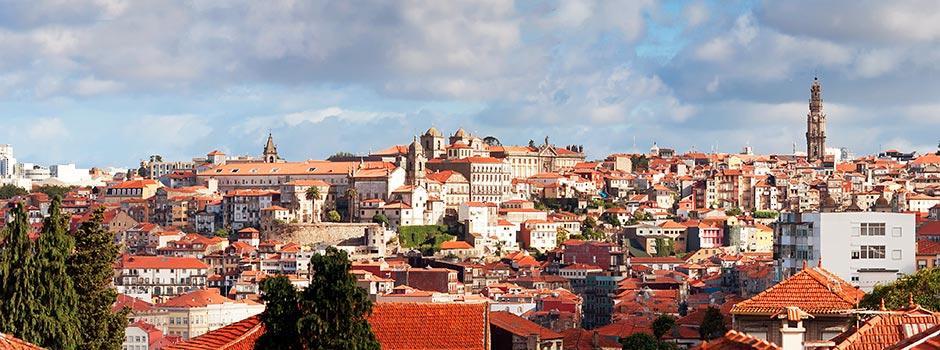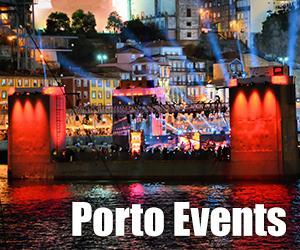Porto fell onto the geopolitical map after the Romans designated it as an important port on their trade route to Northern Europe. Fiercely independent, the Tripeiros have been difficult to conquer and this shows in their character. Henry the Navigator was born here, and the Reconquista of Southern Portugal (taking it back from the Moors) got its start in Porto at the Sé.
Many local traditions stem from the river and river commerce, as well as Porto’s proximity to the Atlantic. Portugal used to be seagoing nation, responsible for a disproportion amount of global exploration (when compared to the country’s actual size). Seafaring traditions abound, as evidenced by the giant red net sculpture in Matosinhos, the vast quantities of fish consumed by the locals and the Rabelo boats in Ribeira that once ferried goods down the Douro.
The city is full of terraced hills, stuffed with buildings and houses overlooking the river and the wine labels in Vila Nova de Gaia. The wine trade has filled the coffers of Porto for ages. The Portoenses have been working hard for centuries, trading with their fellow countrymen and the rest of the world and they have a rich and proud culture to show for their efforts. UNESCO designated this city a World Heritage Site for a reason.

 English
English  Português
Português 


